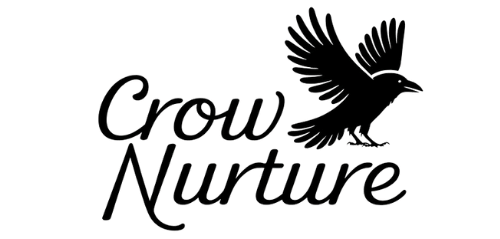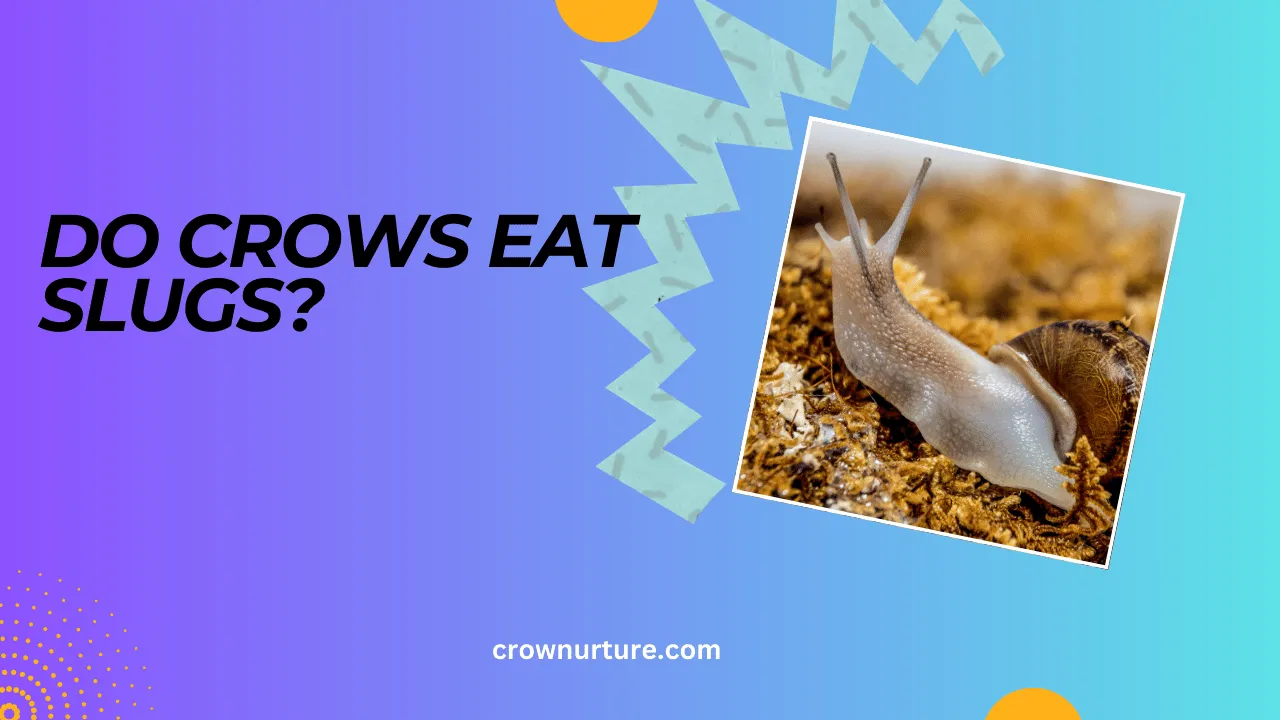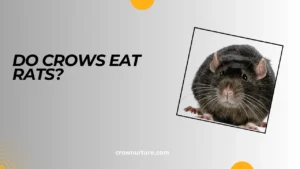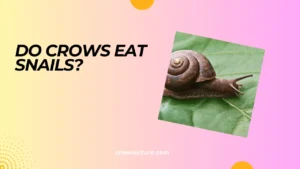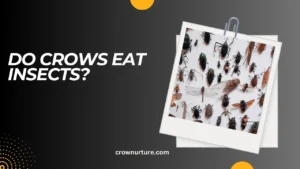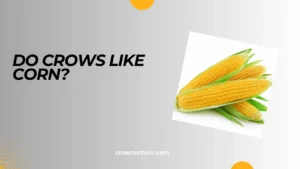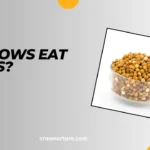Crows are among the most intelligent and adaptable birds in the world, known for their ability to thrive in a variety of environments. Their diet is as diverse as their habitats, raising an interesting question for gardeners and bird enthusiasts alike: Do crows eat slugs?
This question holds particular significance for those battling slug infestations in their gardens. If crows have an appetite for these slimy pests, they could become unexpected allies in pest control. Understanding whether slugs make it onto a crow’s menu offers insight into the role these birds play in maintaining ecological balance.
In this article, we’ll explore the feeding habits of crows, examine whether slugs are a part of their diet, and weigh the potential benefits and risks of slug consumption for these resourceful birds.
Whether you’re curious about crows’ behavior or seeking natural solutions for garden pests, read on to uncover the fascinating connection between crows and slugs.
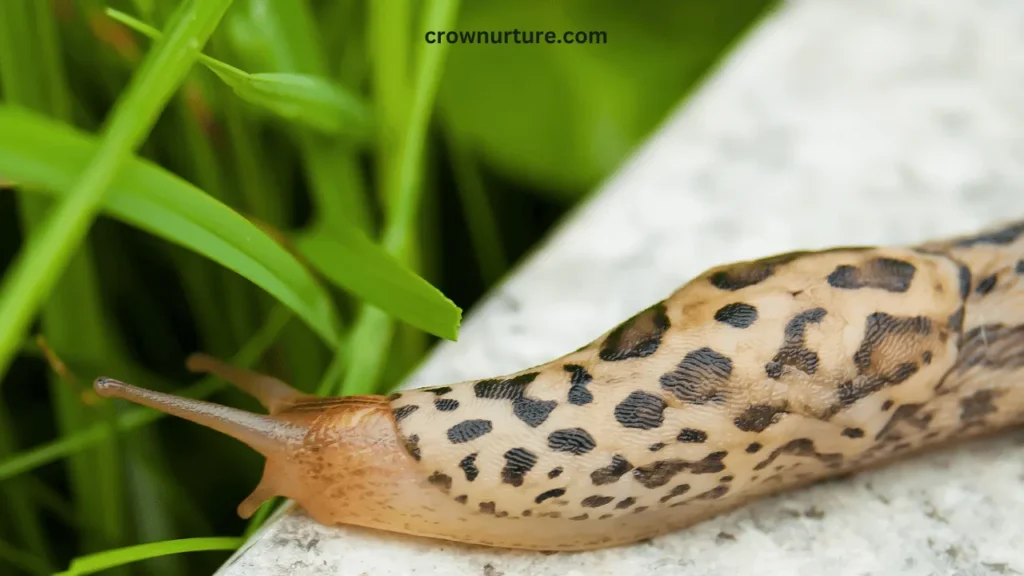
Contents
1. The Crow’s Diet: A Versatile Eater
Crows are highly omnivorous birds, feeding on a wide range of food items, from plant-based sources like fruits and seeds to animal-based foods such as insects and small animals. Their ability to eat almost anything makes them successful survivors in diverse environments.
Their diet changes based on seasonal availability. In spring and summer, they consume more insects and invertebrates, while in winter, they rely on seeds, grains, and scavenging carrion. This flexibility ensures they never run out of food, even in challenging conditions.
Crows also exhibit opportunistic feeding habits, consuming whatever is easily accessible. This means they might snack on slugs if they encounter them in the right circumstances.
2. The Nutritional Value of Slugs
Slugs are rich in protein, making them a potentially valuable food source for birds. Protein is essential for crows, especially during breeding seasons when they need to feed their young.
In addition to protein, slugs contain calcium and other minerals that support bone development and overall health in birds. For crows, these nutrients could offer significant benefits.
However, slugs also pose potential risks. Some slugs carry parasites or toxins from pesticides, which can be harmful if ingested by birds. This may limit their appeal to crows in areas with heavy pesticide use.
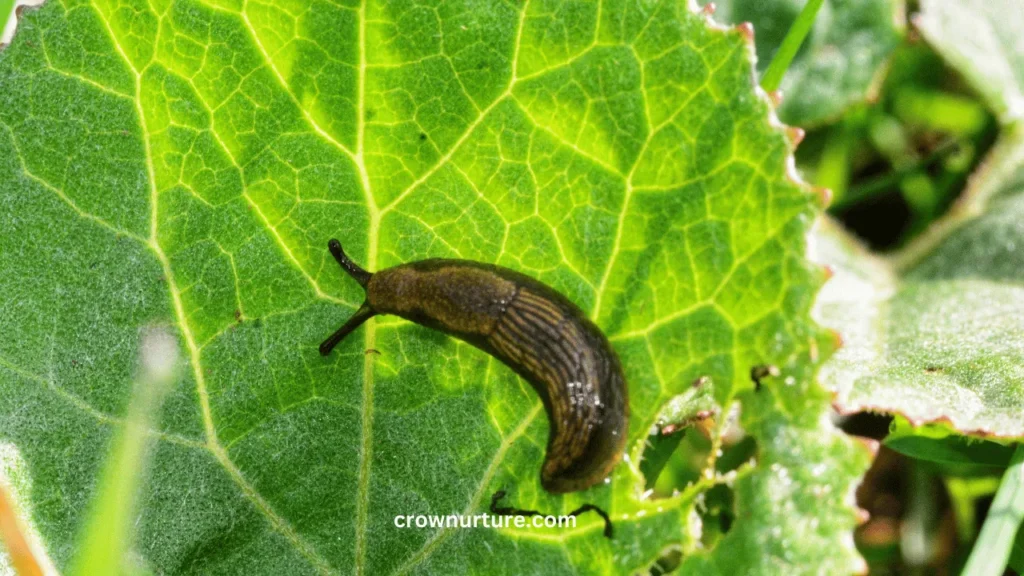
3. Crow Foraging Behavior
Crows are opportunistic foragers, meaning they adapt their diet based on availability. They are highly visual feeders, attracted to the movement and visibility of their prey, which could make slugs a target in certain situations.
These birds also engage in social learning, observing and imitating the foraging behaviors of others. If one crow finds slugs to be a viable food source, it’s likely that others in the group will follow suit.
Additionally, crows are known for their problem-solving abilities. They may figure out ways to access hidden or difficult-to-reach food sources, potentially including slugs hidden under foliage.
4. Evidence of Crow Slug Consumption
While crows’ consumption of slugs has not been extensively studied, there is anecdotal evidence from gardeners who have observed crows eating slugs in their yards. These accounts suggest that slugs are not off-limits for these birds.
Some observational studies on crow diets have noted the presence of invertebrates, including slugs, in their stomach contents. However, slugs appear to be a less common food item compared to insects or small mammals.
Experts and ornithologists agree that while crows might eat slugs occasionally, they are unlikely to depend on them as a primary food source.
5. Benefits and Risks of Slug Consumption for Crows
Eating slugs could offer crows nutritional benefits, particularly in protein and minerals, which are crucial for their survival and reproduction. During times of food scarcity, slugs may provide a supplementary food source.
On the downside, slugs often harbor parasites or pesticide residues, which could pose health risks to crows. This is particularly true in areas where gardeners use chemical slug deterrents.
Overall, the occasional consumption of slugs is likely safe and beneficial for crows, but it may depend on the local environment and the availability of other food sources.
Conclusion
Crows are remarkably adaptable feeders, and while slugs are not a primary food source, they may occasionally make their way onto a crow’s menu. Slugs offer nutritional value, but their consumption may be limited by risks such as toxins and parasites.
For gardeners, crows could serve as part-time allies in managing slug populations, though relying solely on them for pest control is impractical. Understanding the diverse dietary habits of crows not only highlights their intelligence but also underscores the intricate balance of ecosystems they inhabit.
As we continue to observe and study these resourceful birds, their occasional taste for slugs reminds us of the complex interactions between species and their shared environments.
FAQs
1. Do crows eat slugs?
Yes, crows may eat slugs occasionally, especially when they are abundant and other food sources are scarce.
2. Are slugs a common food for crows?
No, slugs are not a staple in a crow’s diet but may be consumed opportunistically.
3. Are slugs safe for crows to eat?
Generally, slugs are safe for crows, but those exposed to pesticides or carrying parasites could pose risks.
4. Do crows eat other garden pests?
Yes, crows eat a variety of garden pests, including snails, insects, and worms, helping reduce pest populations.
5. Can crows control slug infestations?
While crows may eat some slugs, they are unlikely to significantly reduce slug populations on their own.
6. Why might crows avoid eating slugs?
Crows might avoid slugs if they sense toxins, parasites, or have access to more appealing food sources.
